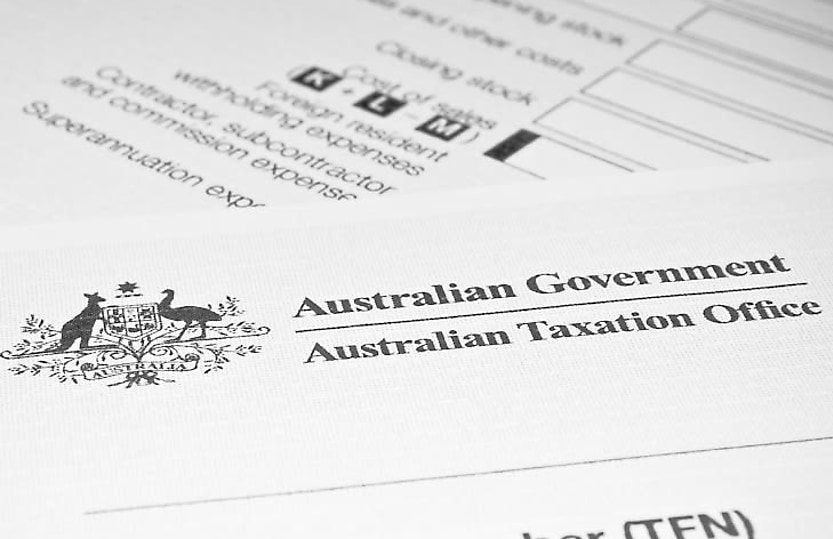ATO needs active monitoring by oversight board: IPA

External supervision by a Tax Advisory Board is essential in the wake of the GST fraud response, says the accounting body.
The IPA has doubled down on calls for an oversight board to monitor the ATO following its failed response to widespread GST fraud during 2021-23 that cost $2 billion in revenue.
The accounting body said a Tax Advisory Board would provide external supervision of the tax office and identify potential risks after the ATO’s handling of the GST fraud came in for scathing criticism from the Australian National Audit Office this week.
IPA general manager of technical policy Tony Greco said a Tax Advisory Board would supplement existing oversight bodies and draw Australia into line with international best practice for a vital arm of government.
“The ATO can have a big impact on its dealings with the wider community and therefore better external governance of our tax administrator is critical to the community’s confidence in Australia’s Public Service,” he said.
“Despite its size and impact on the community, the ATO does not have contemporaneous independent expertise and oversight consistent with other jurisdictions that have some form of governance oversight such as Canada, the UK and US.
“We acknowledge that there is already external oversight of the ATO by parliament (the senate estimates), Inspector General of Taxation and Taxation Ombudsman reviews, external consultation forums and the Australian National Audit Office. These external scrutineers, generally focus on issues (policy, administrative or behavioural) that have happened.
“Whilst this level of oversight is extensive, there lacks any continuous contemporary supervision from outside the bureaucracy. The benefit of a Tax Advisory Board is that it would take a preventative real-time approach by identifying potential operational risks.”
An ANAO report this week criticised the ATO’s framework for fraud detection and said it was unprepared for a large-scale fraud event. The ATO set up Operation Protego after social media had circulated the potential for GST scams and 57,000 people had become involved.
Mr Greco admitted the current Commissioner, Chris Jordan, opposed a Tax Advisory Board but with his replacement starting next month said it was a good time to re-examine the proposal.
“A new Commissioner of Taxation starts from 1 March 2024, presenting a perfect time for the government to reconsider this long outstanding recommendation,” he said.
“It aligns with the government’s other recent announcement strengthening governance arrangements for other key agencies such as RBA.”
An oversight board could also help steer the ATO’s strategic direction, which was largely set and assessed by the Commissioner and executive, and ensure the ATO adhered to the recently revised Taxpayers Charter.
“The guiding principles in the charter dictate how the ATO goes about its day-to-day interactions with taxpayers so it’s an all-important way for the community to have confidence that the ATO is living up to its commitments.”
The IPA’s recent budget submission highlighted previous recommendations that improvements be made to the ATO’s governance and accountability, including by the Henry review in 2010 and a report to the Gillard government the following year.
It also cited a Deakin University study, commissioned by the IPA, that concluded that the governance and accountability of the tax system could be significantly improved by adopting an advisory board.
“[The] creation of an Australian Tax System Advisory Board would not only improve the oversight and strategic functioning of the ATO, but it would significantly improve the transparency and adherence to the Taxpayer Charter,” it said.
About the author

